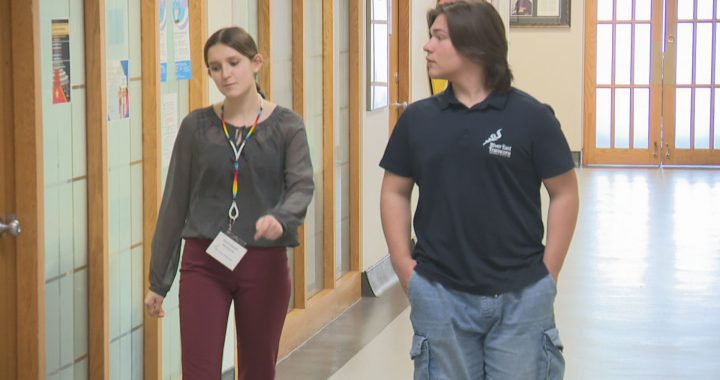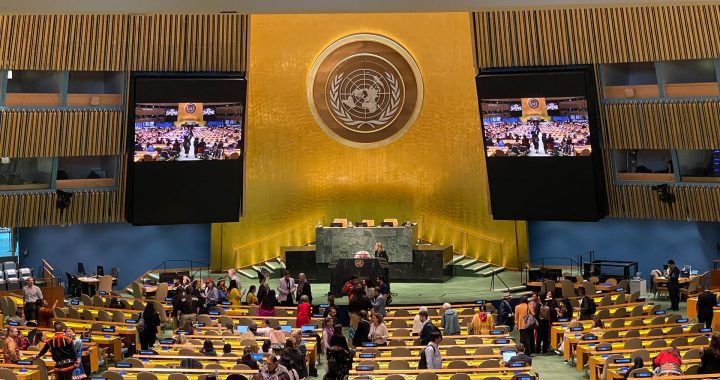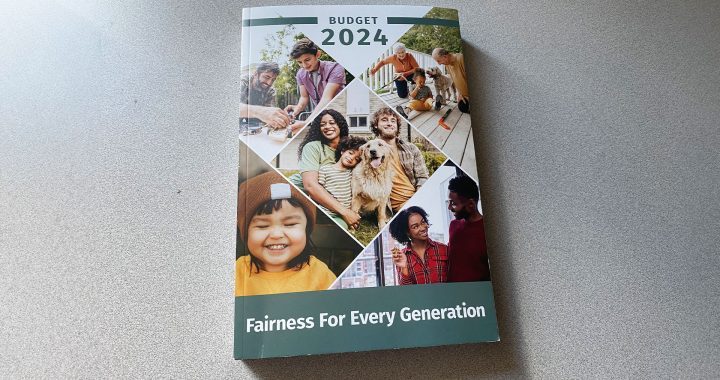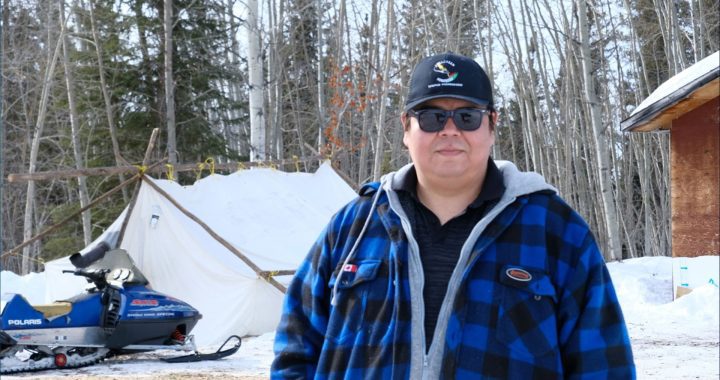Quebec’s health minister says the next two weeks will be “critical” in determining whether the province will be doubling-down on public health measures over the Christmas season.
On Wednesday, the province reported a spike in COVID-19 cases, with nearly 1,200 new infections.
While Health Minister Christian Dubé said authorities expected cases to rise after COVID-19 restrictions were loosened in November, he’s still pressing for public vigilance.
“What I want Quebecers to remember, we need to keep those numbers low so that we can enter Christmas at the right level, and not only for us, but for the people that work in hospitals,” the health minister said.
“So, there’s no panic, but we need to be really vigilant over the next few weeks.”
He said the rise in cases is problematic because children between the ages of five and 11 have only started to get vaccinated and most adults haven’t received a booster dose.
Dubé said officials in the province haven’t identified any new cases involving the Omicron variant of the novel coronavirus that causes COVID-19, adding that authorities are screening all of Tuesday’s positive cases for that variant of concern.
Quebec has so far identified one case of the Omicron variant via a passenger who entered the country via the Montreal airport.
Montreal public health authorities say they’re taking a “vigilant” approach to the Omicron threat, and are not yet panicked by the sudden rise in cases.
But First Nations communities in the vicinity, like Kahnawake Mohawk Territory, are monitoring the situation closely.
The community upgraded its pandemic status to “code red” this week after receiving word there were four separate COVID-19 infection clusters in the community.
According to Kahnawake’s Commissioner of Public Safety, Lloyd Phillips, there are currently 29 active cases of COVID-19 in the community, and close to 70 people are in isolation.
Seniors are being encouraged to get their booster shots, and parents are being encouraged to vaccinate their children aged five to 11 this weekend, once doses are made available.
“We’re all here trying to minimize this. We’re not trying to overreact, but we don’t want to under-react as well,” Phillips said in a capsule video posted to Facebook.
“We want to get a handle on where things are going, and everyone wants to have a safe holiday season – especially our children.”
The Cree Health Board says all eyes are on travellers coming in and out of Eeyou Itschee after they confirmed one positive case tied to a banquet held in Ottawa.
The northern Quebec region of Nunavik – facing a COVID-19 outbreak of their own – is equally concerned about travel between the north and the south.
As of Wednesday, the Nunavik Regional Board of Health and Social Services confirmed a traveller to Kangiqsualujjuaq tested positive for COVID-19, bringing the total case count in the region to 62.
Parents in Nunavik are being pressed to vaccinate their children starting this week – as are parents in the First Nations communities in central Quebec.
The Atikamekw community of Wemotaci, for example, reported five new cases of COVID-19 this week. According to council officials, the outbreak is a spill-over from an infection at a local school.
Health workers administered just over 23,000 vaccine doses in the previous 24 hours, according to provincial data.
About 12,000 of them went to children under 12, and another 6,123 were boosters given to those 70 and older.
For the moment, Quebec is advising against international or non-essential travel, is maintaining a headcount of ten people for indoor private gatherings, and is continuing to press for immunization.
“For those who chose not to get vaccinated for reason X, I think the new variant is a good reason to go and do it,” Dubé said.
“We are waiting for this to be behind us, but we see sadly that it is not,” he added.
With files from the Canadian Press









